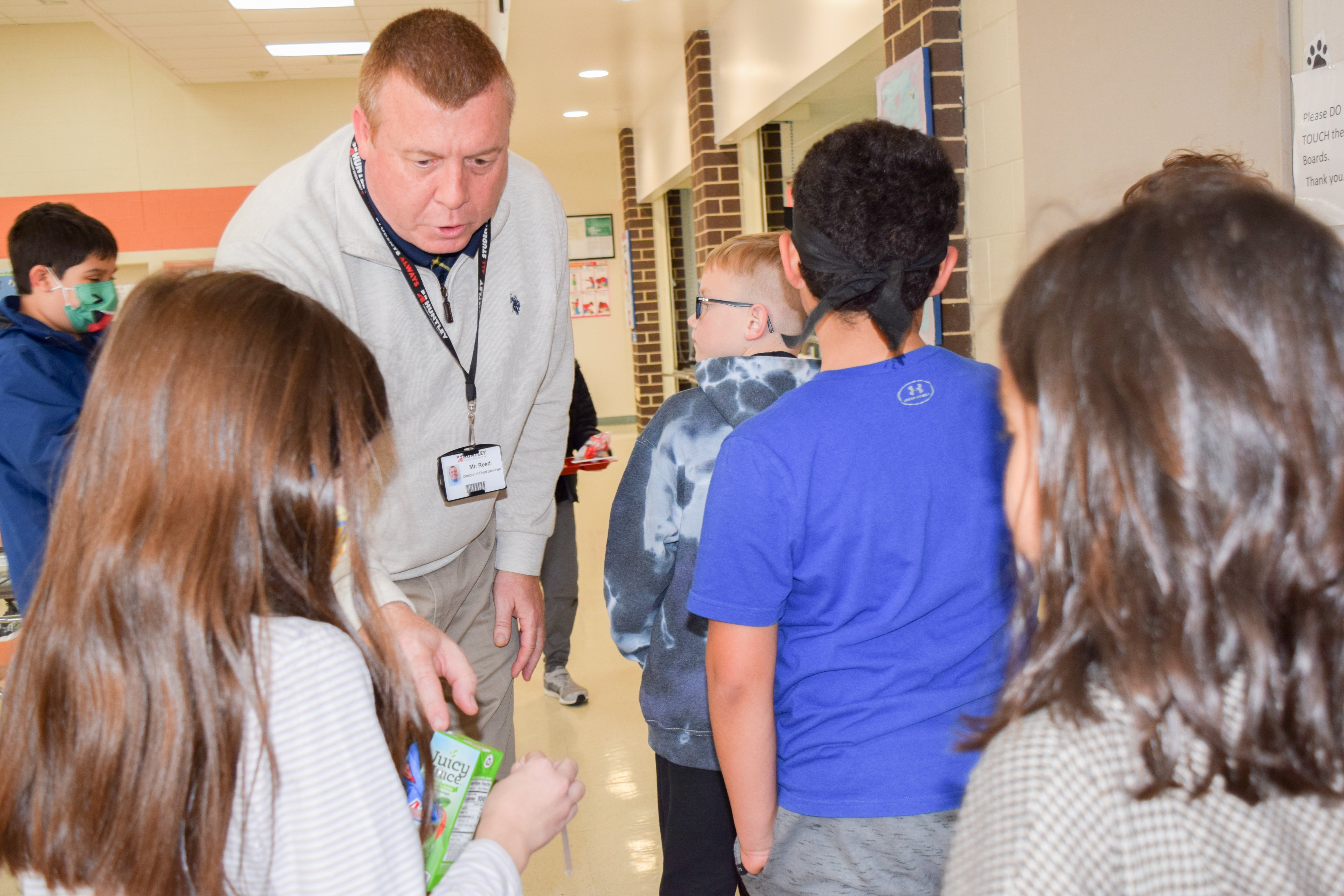In May 2022, Huntley 158 partnered with Seven Generations Ahead’s Zero Waste Schools team and engaged students at Martin and Conley Elementary Schools in a food waste audit. The project, led by Huntley 158’s director of food services, Richard Reed, outlined ways for the district to combat food waste while serving all of our students effectively and engaging them in the process of finding sustainable practices that benefit the surrounding community.
“We are always looking for ways to incorporate sustainable practices that meet the needs of our students, community, and environment,” Reed shared. Since food waste audits are an effective way for schools to identify the most impactful food waste reduction strategies, Reed thought they would be a great next step for the district.
According to Seven Generations Ahead, the audits were conducted as part of World Wildlife Fund’s Food Waste Warriors Project, a program for K-12 schools that provides grants and educational resources to help schools take action on the issue of food waste. The data collected from Huntley 158 will be added to WWF’s national database for food waste in schools. On the day of each audit, students sorted their leftover school lunch materials into the following categories: share table items, milk/juice waste, fruit and vegetable waste, other food waste, recycling, and landfill trash, as well as categories for food and liquid waste from lunches brought from home.
Seven Generations Ahead also reported that the audit data also supports Reed’s plan to introduce recycling and commercial composting to all district elementary schools. “The data collected gives us real measurements to quantify the need to separate our recycling from the landfill,” said Reed. “Just by taking out the liquids and recyclable cartons, bottles, and boxes we cut our landfill usage in half. This is a great start…commercial composting will cut that landfill amount by approximately another 25%. This is our goal.” To put this in perspective, if Conley and Martin had share tables, recycling, and commercial composting in place already, 92% and 94% of all lunchroom waste would have been diverted from the landfill, respectively, on the days of their waste audits.

